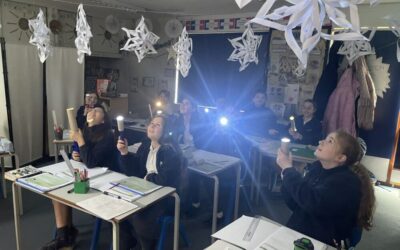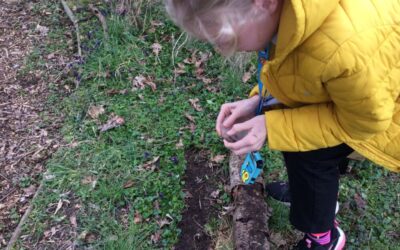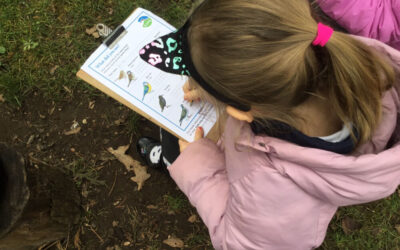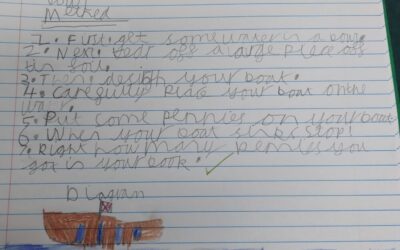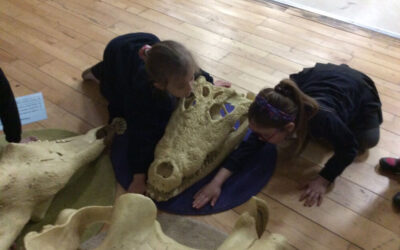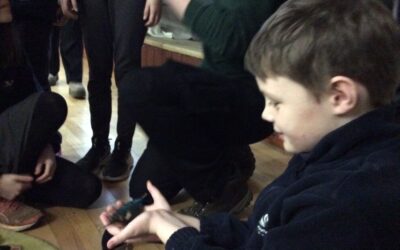Science
Science is taught with the aim that practical learning is not only fun but a key way to develop a deeper understanding of scientific concepts. In both Key Stages, the areas for learning are Scientific Enquiry, Life Processes and Living Things, Materials and their Properties, and Physical Processes.
We are very fortunate to have ample scope within our grounds for scientific explorations and where possible, children are taught science in a ‘hands on’ way.
We also have a close relationship with East Bergholt High School who periodically arrange joint science days in Key Stage 2.
Science Resources
No Results Found
The page you requested could not be found. Try refining your search, or use the navigation above to locate the post.
Science in the News
Exploring Light
In Science, the children in Year 6 have been learning that light travels in straight lines. They had to draw scientific diagrams to show their understanding of this and had great fun using the torches to aid their understanding.
Scientific Fieldwork
In Science, the Owls have been learning how to use classification keys to identify living things. This week, the children had to design their own classification keys that would work to identify invertebrates around the school grounds. We went outside and used pooters...
RSPB Big Schools Birdwatch
Today the children took part in the RSPB Big Schools Birdwatch. The children became bird watchers and went into the Forest Schools area to see what birds they could see and to count how many. They completed an RSPB check sheet and spotted seagulls, sparrows, starlings...
Isambard Kingdom Brunel
In Science we are looking at Isambard Kingdom Brunel. He was an engineer who created tunnels, bridges, ships and docks. One of Brunel's many creations was building the biggest ship of his time. We decided to plan and carry out an investigation into creating a tin foil...
Dinosaurs at Colchester Zoo
The children in Kingfishers Class enjoyed a trip to Colchester Zoo. The children enjoyed looking at the animals and travelling on the train. The children also enjoyed exploring the dinosaur park and the palaeontology lab. The children engaged with the education...
Swans’ Trip to Colchester Zoo
On Wednesday 22nd January, the Swans class visited Colchester Zoo. As well as having plenty of opportunities to look at all the different animals, the children took part in a workshop about Charles Darwin. They learnt about the life and work of Darwin. They were given...

